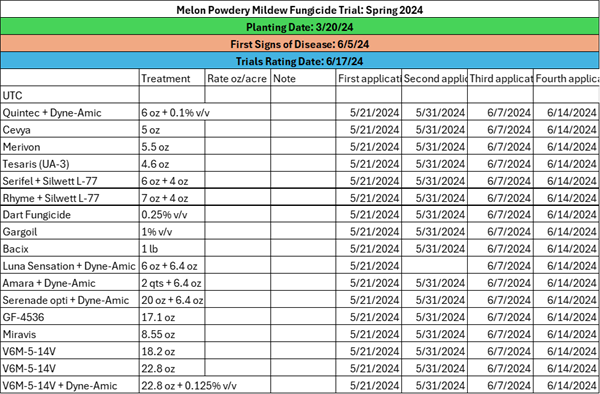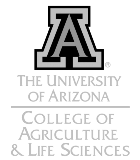-
Jun 16, 2010EPA to Cancel Endosulfan in Vegetables and MelonsLast week the EPA announced that they are taking action to end all uses of endosulfan in the United States. They have determined that endosulfan (an organochlorine first registered in the 1950's) poses unacceptable risks to agricultural workers and wildlife. The agency is currently working out details with the manufacturer to voluntarily phase out all endosulfan uses over the next several years while considering growers' needs. Details on EPAs proposed actions can be viewed at their website http://www.epa.gov/pesticides/reregistration/endosulfan/endosulfan-cancl-fs.html This action could ultimately have a significant effect on Arizona vegetable and melon growers because of the cost-effective insect control benefits provided by the timely use of endosulfan. It has a particular niche in our local vegetable IPM programs because of its broad spectrum, quick knockdown contact activity against the adult life stage of several insect species including whiteflies, aphids, thrips, flea beetles, bagrada bugs and other minor pests. Although many new reduced-risk alternatives (i.e., Radiant, Movento) have become available over the past several years, most of these active ingredients have very narrow activity against specific insect species (Leps or aphids/whiteflies) and life stages (immatures). Products such as the pyrethoids, neonicotinoids, Lannate, Vydate, MSR, and Orthene will be likely alternatives to replace current endosulfan uses in vegetables and melons. It will be particularly missed in the desert on fall melons, where to date, endosulfan combinations have provided the adult whitefly control necessary to reduce Cucurbit Yellows Stunting Disorder Virus infection.To contact John Palumbo go to: jpalumbo@ag.Arizona.edu









